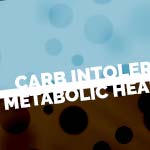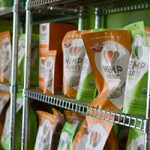I want...
Nut Chatter
December 10, 2010 By
Leanne Vogel

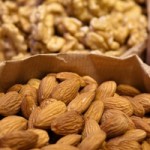 July 22, 2015
July 22, 2015
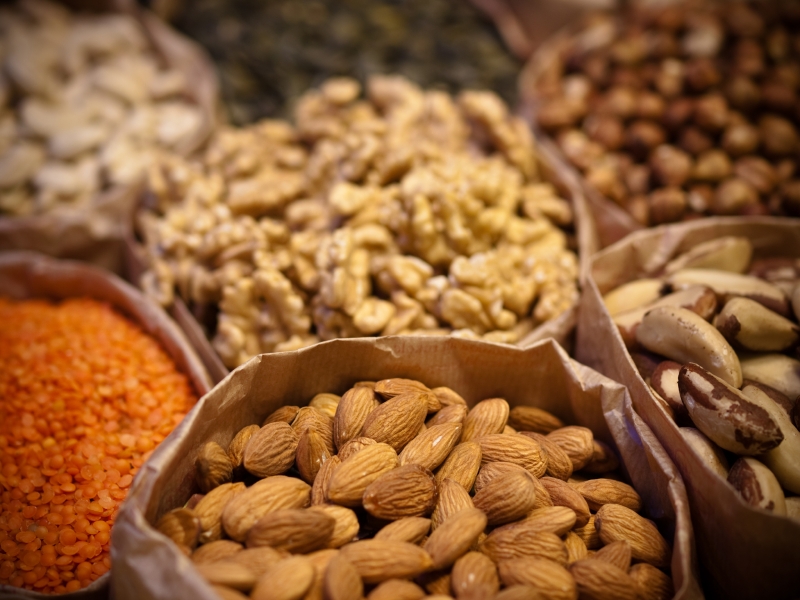 Nuts are one of nature’s richest foods. Like seeds, nuts are bundles of proteins, fatty acids, and many vitamins and minerals.
But I’m often met with mixed emotions when I suggest that a client begin to add nuts into their daily routine. There are many beliefs out there that nuts are unhealthy, too high in calories, and contain too much fat, especially for someone trying to lose weight. What I say to this is yes, they are, but high calorie and high fat foods don’t have to be a bad thing. In fact in the case of nuts, if it weren’t for their high calorie and high fat ratios they wouldn’t be nearly as healthful.
Nuts are one of nature’s richest foods. Like seeds, nuts are bundles of proteins, fatty acids, and many vitamins and minerals.
But I’m often met with mixed emotions when I suggest that a client begin to add nuts into their daily routine. There are many beliefs out there that nuts are unhealthy, too high in calories, and contain too much fat, especially for someone trying to lose weight. What I say to this is yes, they are, but high calorie and high fat foods don’t have to be a bad thing. In fact in the case of nuts, if it weren’t for their high calorie and high fat ratios they wouldn’t be nearly as healthful.
The health benefits of nuts (and seeds)
Nuts are one of the best plant sources of protein, are rich in fiber, phytonutrients and antioxidants like vitamin E and selenium. They’re high in plant sterols and monounsaturated, polyunsaturated fats which have been known to lower LDL cholesterol. But what can they do for you specifically?Almonds
Close to my heart and should be to yours too!- Fiber: regulates blood sugar
- Fatty acids: lowers LDL cholesterol
- Vitamin E: reduce heart disease
- Magnesium: improves the flow of blood
Cashews
75% of the fat in cashews is unsaturated, 75% of this unsaturated fat is oleic acid which promotes good cardiovascular health.- Copper: assists with iron utilization, elimination of free radicals, and the development of bone and connective tissue
- Tryptophan: helps to regulate appetite, elevates mood, and can help you sleep better
- Phosphorus: helps build and maintain strong bones
Sesame seeds
Contain lignans that have been shown to lower cholesterol and prevent high blood pressure- Magnesium: ease airway spasm in asthma
- Calcium: reduces PMS symptoms, headaches, and helps protect colon cells from cancer-causing chemicals
- Iron: enhances oxygen distribution
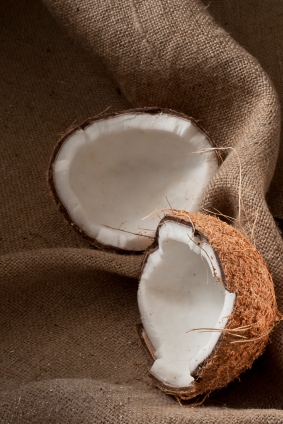
Coconut
If you know me you know I’m obsessed with coconut and that I’ve probably converted your entire family; friends included, to coconut oil, flour, or butter as a substitute in cookies, muffins, stir fries, puddings, moisturizer, frosting… (the list goes on). I promise the information below is not bias in any way and is a true representation of the benefits of this amazing nut (most amazing of them all if you ask me).- Lauric acid: antiviral, antibacterial and antifungal (boosts immune system)
- Fiber: gives you the feeling of being full and contributes to healthy digestion
- MCT (medium chain triglyceride): increases absorption of the other nutrients you’re consuming, increases metabolism by contributing to energy stores
What makes a good nut?
Like any food, the way the product is prepared is the key to its health factor. Here are a couple of tips when looking for the ideal nut:- Fresh: look for nuts that are in the refrigerated section of the grocery store to avoid moldy or rancid products
- Raw, not roasted: the monounsaturated fats are broken down into free radicals when nuts are roasted. Also, nuts are high in asparagine, an amino acid. When this amino acid is heated it transforms into acrylamides which have been known to cause cancer
- No extra ingredients: skip the salt, oils, sugar, or flavours that come with many commercial grade nuts and nut butters
This entry was tagged: cashews, Coconut, fiber, holistic nutrition, sesame
Hi! I'm Leanne (RHN FBCS)
a Functional Medicine Practitioner, host of the Healthful Pursuit Podcast, and best-selling author of The Keto Diet & Keto for Women. I want to live in a world where every woman has access to knowledge to better her health.


